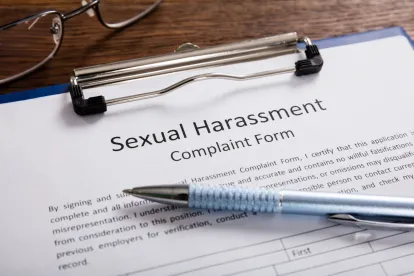Presently, an employee alleging harassment, discrimination, or other claim under California’s Fair Employment and Housing Act (“FEHA”) has one year from the alleged act to file a complaint with the Department of Fair Employment and Housing (“DFEH”). Filing such a complaint is a prerequisite to filing a civil action. The employee can either request that the DFEH immediately issue a Right to Sue Notice, or can opt to have the DFEH investigate the claim, which can take a year or even longer if the parties elect to participate in the DFEH’s mediation program. The employee will receive a Right to Sue Notice at the conclusion of the DFEH’s investigation. The employee then has one year to file a lawsuit.
On October 10, 2019, California Governor Gavin Newson signed AB9, also known as the Stop Harassment and Reporting Extension (SHARE) Act. The SHARE Act extends the one-year deadline to file a DFEH complaint to three years. Because the employee has one year to file a lawsuit after receiving the Right to Suit Notice, it could be four years or more before the potential lawsuit is filed.
The AB9 extension was purportedly designed to protect #MeToo litigants but extends to all forms of discrimination, harassment, and retaliation prohibited by FEHA. Former Governor Jerry Brown vetoed the same legislation last year, reasoning that the one-year statute of limitations “not only encourages prompt resolution while memories and evidence are fresh, but also ensures that unwelcome behavior is promptly reported and halted.”
AB 9 will not revive claims that already have lapsed under the current one-year rule. It appears that claims that were set to expire in the coming months may have an extended life.





 />i
/>i


